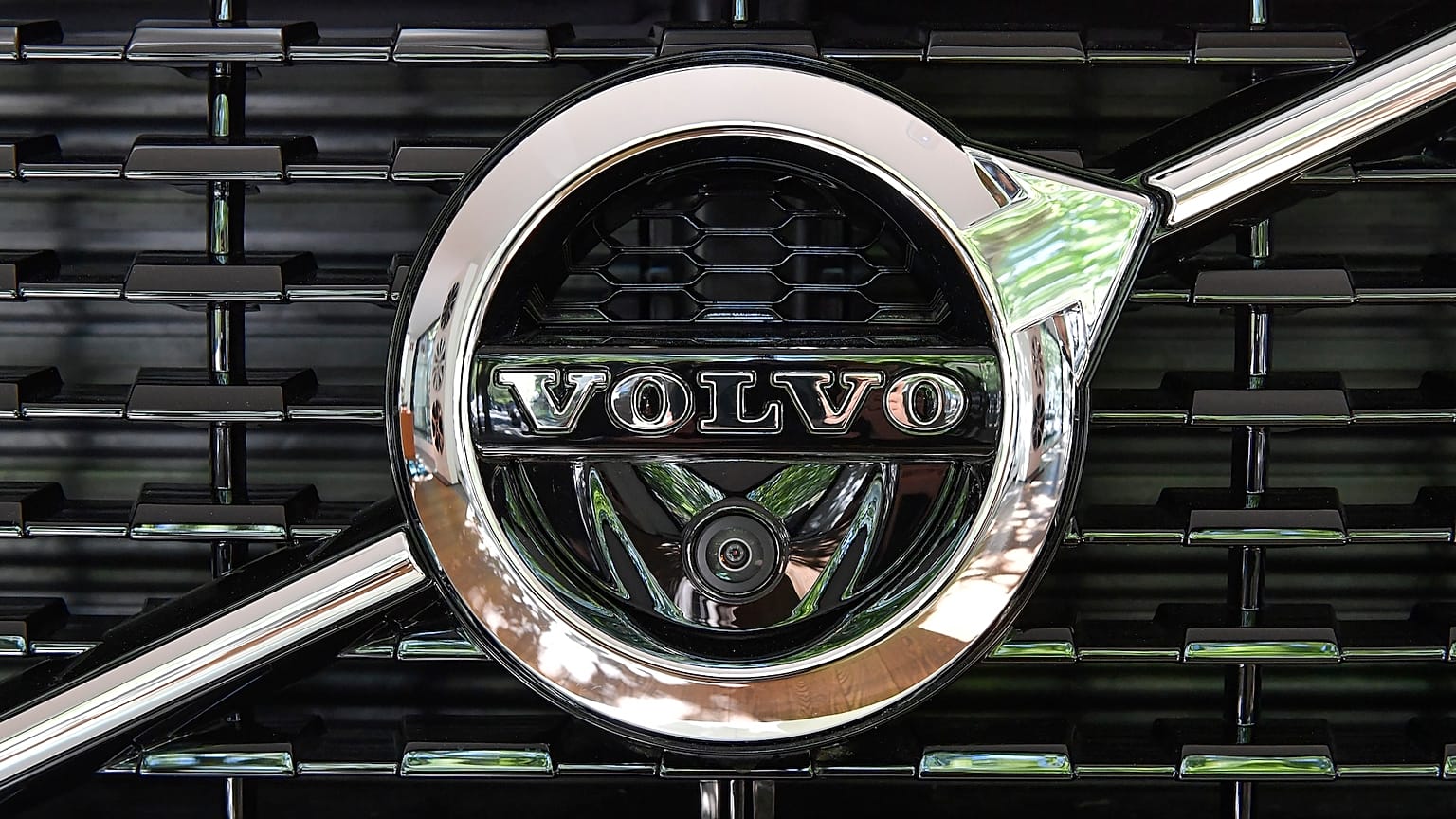Volvo Cars has abandoned its plan to become a fully electric car manufacturer by 2030 due to weakening consumer demand for pure electric vehicles. This shift marks the latest change among major car manufacturers.
The Swedish automaker Volvo Cars has abandoned its plan to exclusively sell electric vehicles by 2030 due to softening demand for pure battery-powered cars.
 ADVERTISEMENT
ADVERTISEMENT
 ADVERTISEMENT
ADVERTISEMENT
Following the announcement on Wednesday, Volvo's shares fell by more than 4% and have declined by 12% over the past six months.
The company also reported disappointing earnings for the first quarter and provided weak guidance during its second-quarter earnings call.
Instead of aiming to become a fully electric car manufacturer, Volvo is now targeting “90 to 100 per cent of its global sales volume by 2030 to consist of electrified cars,” which includes a mix of fully electric and plug-in hybrid models.
The remaining 0-10 per cent will allow for a limited number of mild hybrid models, if necessary.
Volvo still expects to produce 50 to 60 per cent electrified vehicles by the middle of this decade, which would position it to become a fully electric carmaker when “conditions are suitable.”
The company noted that 26 per cent of its products are fully electric cars, the highest share among its premium competitors.
Its total electrified share, including EVs and plug-in hybrids, accounted for 48% in the second quarter of this year.
Rising demand from customers for hybrid vehicles
The growing demand for hybrid vehicles and the decreasing affordability of pure electric cars have been putting pressure on electric carmakers' profit margins.
The renowned EV maker Tesla has seen a continued decline in profit margins and slowing growth since 2023.
CEO Elon Musk has indicated a shift in consumer preference from 100% electric cars to hybrid vehicles.
Amid sluggish consumer demand and a price war in China, automakers are facing macroeconomic headwinds.
The industry is also experiencing uncertainties due to new import tariffs on Chinese-made EVs imposed by the EU and the US, with China pledging reciprocal measures.
Appeal of owning an electric vehicle has 'diminished'
“It is clear that the transition to electrification will not be linear, and customers and markets are moving at different speeds of adoption,” Volvo stated.
“We are pragmatic and flexible while retaining an industry-leading position on electrification and sustainability.”
Government subsidies for renewable energy vehicles have previously incentivised consumers to buy fully electric cars.
However, with these incentives expiring and falling crude oil prices, the appeal of owning a fully electrified vehicle has diminished.
Volvo noted, “The slower-than-expected rollout of charging infrastructure, withdrawal of government incentives in some markets, and additional uncertainties created by recent tariffs on EVs in various markets.
With this in mind, Volvo Cars continues to see the need for stronger and more stable government policies to support the transition to electrification.”
Volvo Cars, owned by China’s Geely, is the latest major car manufacturer to scale back its ambitious plans for a purely electric vehicle transition, though it remains committed to achieving net zero greenhouse gas emissions by 2040.
In July, Luca De Meo, CEO of French automaker Renault, warned that customers are not yet ready to switch to battery-powered vehicles.
He called for more flexibility in the schedule, referring to Europe’s green energy transition and the target to shift to EVs by 2035.
German luxury carmaker Porsche also scaled back its target of selling 80% fully electric vehicles.
Other mainstream car manufacturers, including Ford and Fiat, have also expressed concerns that EV-only plans by 2030 may be over-ambitious."

















